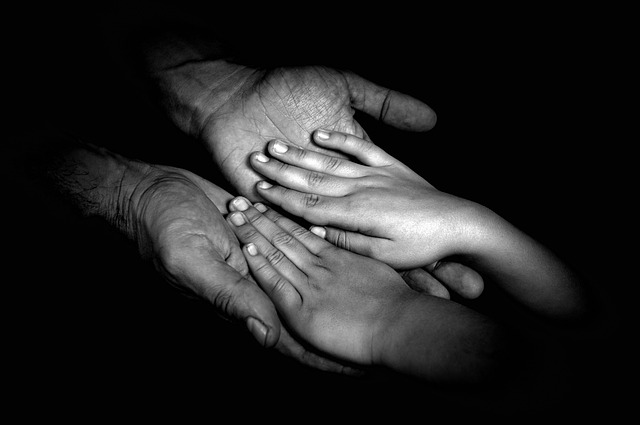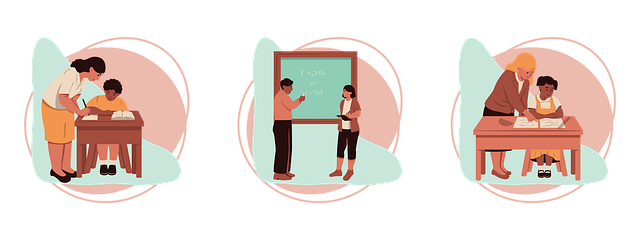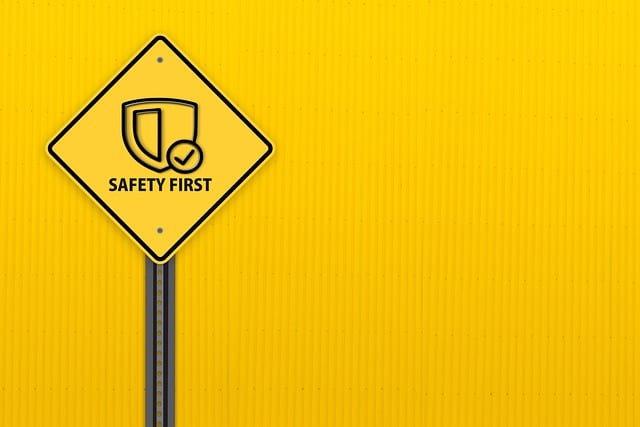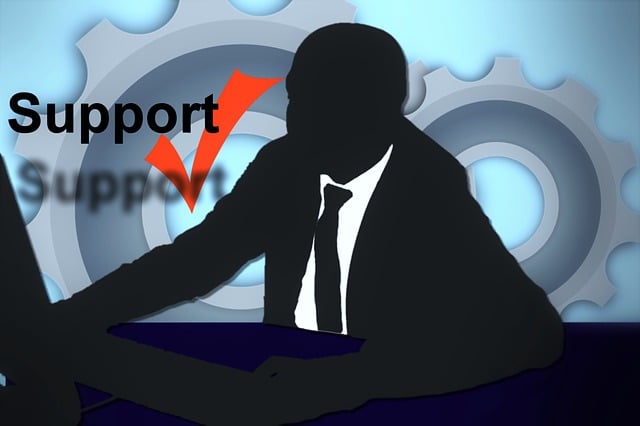Oregon provides comprehensive legal support access for child support issues through government agencies like the Department of Human Services, non-profit organizations, and legal aid clinics. These entities offer free or low-cost assistance, covering legal advice, counseling, representation, workshops, hotlines, and legal clinics. Key services include calculations, order modifications, enforcement options, and guidance for self-represented parents. This ecosystem ensures all Oregonians, especially low-income families, have equitable access to legal support in child support cases.
“In Oregon, navigating child support legal matters can be complex. This comprehensive guide aims to demystify the process by providing insights into state-specific child support laws and highlighting available resources for parents seeking legal support access. From understanding your rights and obligations to identifying nonprofit organizations offering free services and government agencies with specific roles, this article is your one-stop resource for navigating the intricate world of Oregon’s child support system.”
- Understanding Child Support Laws in Oregon
- Identifying Resources for Legal Assistance
- Nonprofit Organizations Offering Free Legal Services
- Government Agencies and Their Roles
- Navigating the Process: Steps to Access Legal Support
Understanding Child Support Laws in Oregon

In Oregon, child support laws are designed to ensure that both parents contribute to their child’s financial needs. The state has established guidelines that determine how much one parent should pay based on income, number of children, and other factors. Understanding these laws is crucial for navigating legal support access, especially during divorce or separation proceedings.
Oregon’s Department of Human Services plays a significant role in administering child support services, including enforcement and collection of payments. Parents involved in legal matters can seek guidance from this department to understand their rights and obligations. Additionally, there are non-profit organizations and legal aid clinics that offer free or low-cost legal support access for those who cannot afford private counsel. These resources help ensure that all parents have the opportunity to protect their rights and provide adequately for their children.
Identifying Resources for Legal Assistance

Oregon offers a range of resources for individuals navigating child support legal matters, ensuring access to necessary support. Non-profit organizations and government agencies provide free or low-cost legal assistance, counseling, and representation. These services are designed to help parents understand their rights and obligations, facilitate fair agreements, and navigate the complex legal process.
Many Oregon-based organizations specialize in family law, offering workshops, hotlines, and legal clinics. They provide guidance on various topics, including child support calculations, modification of orders, and enforcement options. Additionally, state and federal websites offer comprehensive resources, forms, and information to assist parents in self-representation or in finding suitable legal counsel.
Nonprofit Organizations Offering Free Legal Services

In Oregon, numerous nonprofit organizations play a vital role in ensuring individuals have access to legal support for child support matters. These groups offer free or low-cost legal services tailored to help parents navigate complex laws and procedures. For instance, organizations like Legal Aid Services of Oregon provide representation and guidance on issues such as establishing paternity, modifying support orders, and enforcing payment plans.
Such initiatives significantly improve legal support access for low-income families, ensuring that every parent involved in child support cases receives adequate legal assistance. These nonprofits often have specialized teams dedicated to family law, allowing them to offer tailored advice and representation to those who might otherwise struggle to afford legal representation.
Government Agencies and Their Roles

In Oregon, several government agencies play crucial roles in providing legal support and resources for child support-related matters. The Oregon Department of Social and Human Services (ODSHS) is a primary hub, overseeing various programs that offer assistance to families involved in child support cases. They provide information on eligibility, application processes, and the range of services available to ensure fair and effective legal support access.
Additionally, the Oregon Judicial Department offers invaluable resources for individuals navigating the legal system. Their website hosts guides and forms tailored to child support issues, making it easier for parents and guardians to understand their rights and obligations. These agencies work in tandem to streamline processes, ensuring that all Oregonians have equitable access to legal support when dealing with child support matters.
Navigating the Process: Steps to Access Legal Support

Navigating the complex world of child support legal matters can be daunting, especially for those new to the process. The first step is to understand that Oregon offers various resources and support systems designed to assist parents in resolving these issues. Parents can start by reaching out to the Oregon Department of Social and Human Services (DSHS), which provides information and guidance on child support services. This state agency acts as a central hub, connecting individuals with the necessary legal aid and resources.
Accessing legal support is crucial for ensuring your rights are protected throughout the process. The DSHS can direct parents to approved attorneys specializing in family law and child support. Additionally, local legal aid organizations and community centers often offer free or low-cost consultation services, providing an initial assessment of one’s case and guidance on the next steps. These services are vital in helping parents understand their options, prepare for court appearances, and make informed decisions regarding their legal matters.














